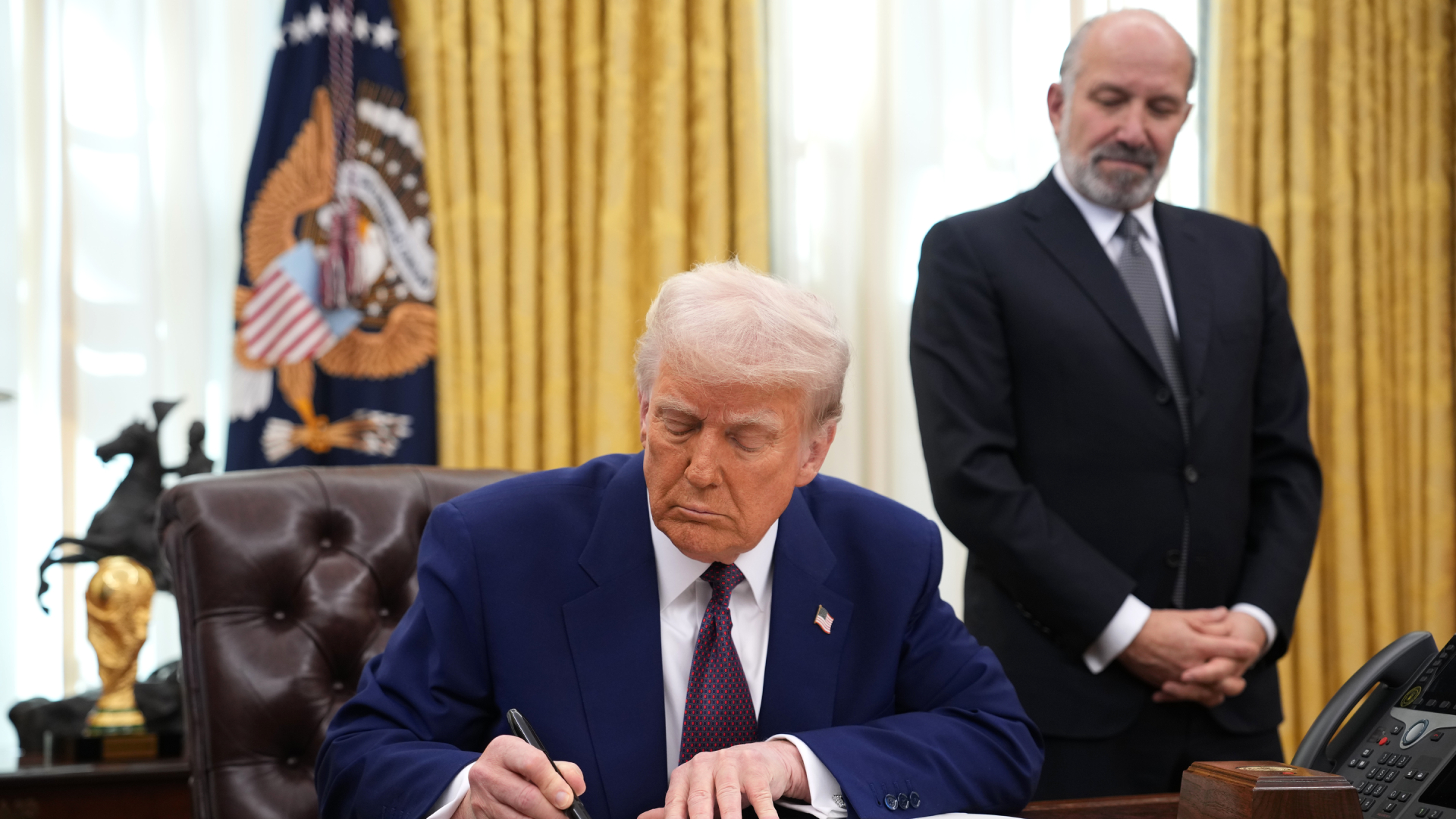
The U.S. and Chinese governments are once again at odds over trade policies, particularly concerning China’s recent rare earth export restrictions. Beijing now requires foreign companies to obtain export licenses for products that contain these critical materials.
According to a Reuters report, the Trump administration is considering various responses, including new restrictions on exports to China for items made with U.S.-produced software.
This move aligns with Trump’s recent announcement of a 100% tariff on Chinese goods and the potential for export controls on ‘any and all critical software’. According to several sources within U.S. authorities, this software export restriction is one of many options under review.
The proposed restrictions could affect a wide range of products, as U.S. software is extensively used in creating everything from jet engines to agricultural machinery. Popular software like Microsoft Windows and Google’s Android OS are widely utilized in China; however, the absence of U.S. software could severely impact China’s economy.
A de minimis rule might mitigate some effects of the proposed plan, suggesting that export items could be assessed based on the percentage of U.S. software involved in their production.
Trade relations between the U.S. and China are currently tense and could escalate further. President Donald Trump is expected to meet with Chinese President Xi Jinping soon, where trade restrictions are likely to be a significant topic of discussion. This formal meeting may hold up any official announcements regarding these trade restrictions until its conclusion.
For further details on the implications of the potential restrictions, check how Trump’s earlier tariff declarations outline future strategies.
